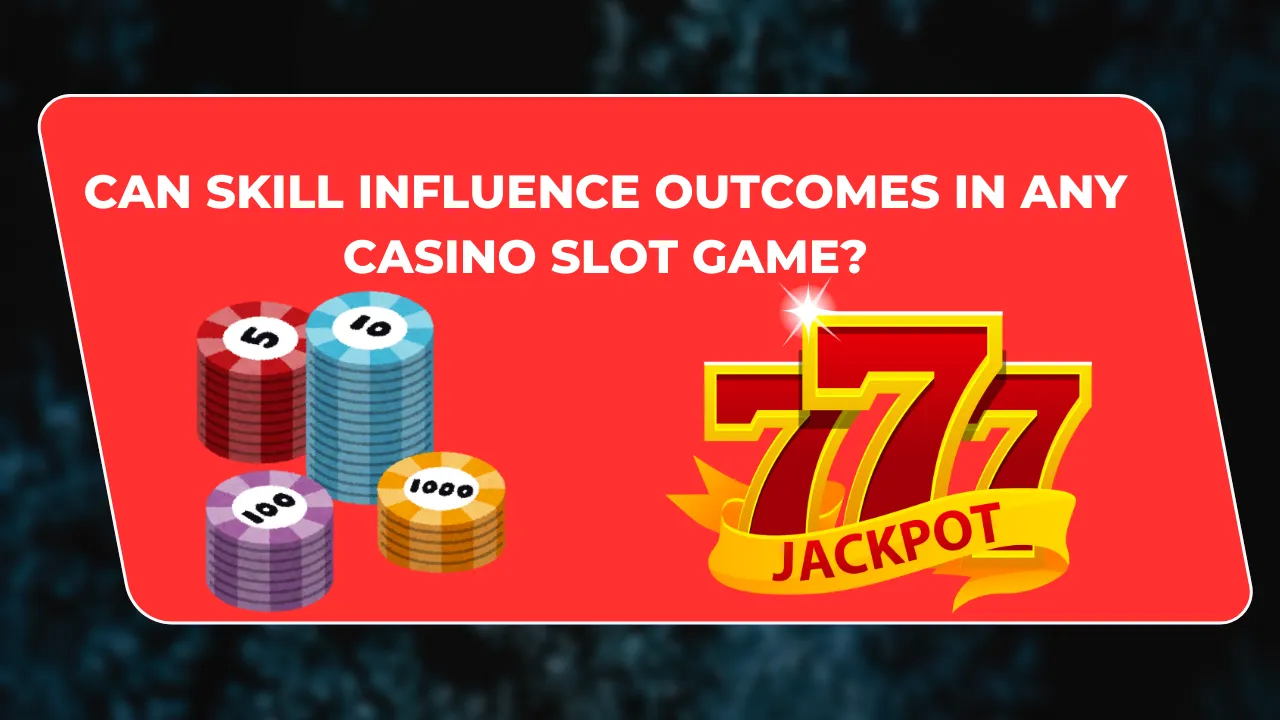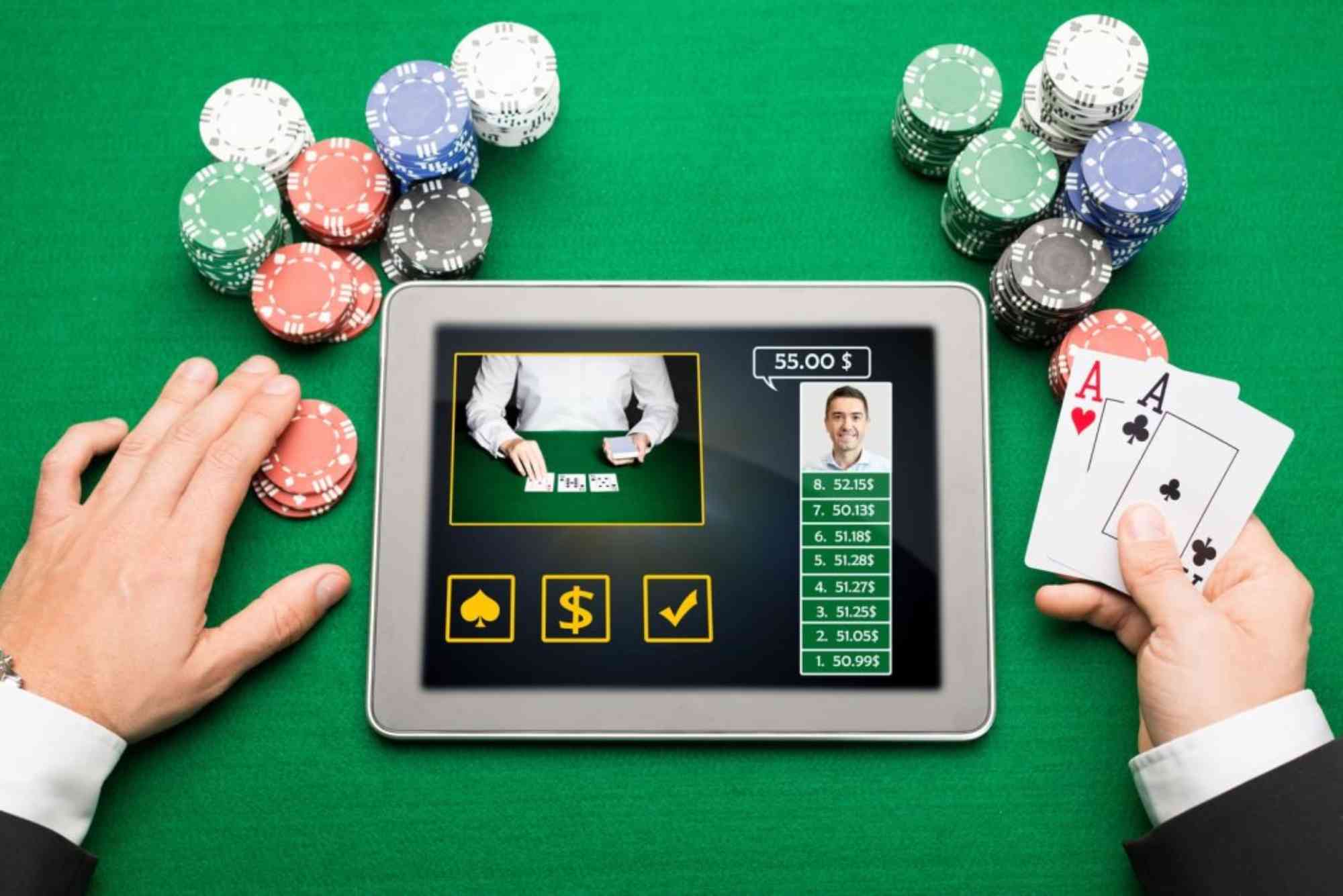Slot machines are among the most iconic fixtures in any casino, whether land-based or online. Their flashing lights, spinning reels, and promise of instant wins make them a favorite for casual and seasoned gamblers alike. But one of the most persistent debates in the gambling world revolves around a simple question: can skill influence the outcome of slot games, or are they purely based on chance?
Having researched and played both online and offline slots extensively, I’ve found that the answer is not as black and white as many think. While slots are fundamentally designed to be games of chance, the role of skill, strategy, and decision-making can influence certain aspects of gameplay — though perhaps not in the ways most players imagine.
The Randomness of Slot Machines
The foundation of slot machines is randomness. Every spin is governed by a random number generator (RNG), ensuring that results cannot be predicted or influenced. This is what makes slots different from games like poker or blackjack, where player decisions and skill directly impact outcomes.
If you press the spin button a second earlier or later, it won’t change the sequence generated by the RNG. Each spin is independent, meaning the machine doesn’t “remember” past wins or losses. This randomness is what keeps the game fair and exciting, but it also means that no amount of skill can guarantee a win.
The Illusion of Control
Players often believe that timing or “knowing when a machine is hot” can influence results. This illusion of control is powerful and keeps people engaged, but the truth is, no external action can alter the outcome of a spin. Casinos design these games to be unpredictable, ensuring their long-term profitability while maintaining fairness.
That said, while you cannot control outcomes directly, you can control how you interact with the game. This is where skill enters the conversation.
Where Skill Can Make a Difference
Skill in slot gaming isn’t about manipulating outcomes; it’s about making smart choices around bankroll management, game selection, and understanding volatility.
For instance, knowing the difference between high-volatility and low-volatility slots can help align gameplay with personal risk tolerance. A high-volatility slot may pay out less frequently but offers larger wins, while a low-volatility slot delivers smaller, more frequent payouts. Choosing the right type of game based on your budget and goals is a form of skill that can extend your playtime and maximize entertainment value.
Additionally, many modern slot games include bonus rounds or interactive features that require decision-making. While these features don’t change the underlying randomness, making informed choices in them can enhance potential payouts or improve the overall experience.
Online Casinos and Player Strategies
The rise of online casinos has brought new dimensions to slot gaming. Digital platforms offer thousands of variations, each with unique mechanics, themes, and features. While the core randomness remains unchanged, online players have access to information like return-to-player (RTP) percentages, which can guide smarter choices.
For example, opting for a slot with a 97% RTP versus one with 92% won’t change the outcome of an individual spin but will improve long-term chances of retaining more value. This type of knowledge-driven decision-making is where skill overlaps with luck.
In some cases, players exploring casinos not on gamstop find greater variety in slot titles and RTP ranges. These platforms, often operating under alternative licenses, cater to players seeking more freedom and broader options. While they remain luck-based, the ability to choose games wisely still matters in shaping the player experience.
Responsible Gambling and Perception of Skill
One of the challenges in discussing skill and slots is the risk of promoting unrealistic expectations. Believing that skill can consistently beat randomness may lead players down a path of overspending and frustration. That’s why responsible gambling messages stress that slots are entertainment, not a reliable way to generate income.
Understanding where skill does and doesn’t apply can actually help players enjoy slots more. By focusing on aspects they can control — like session limits, bet sizes, and game choice — they can manage risk while enjoying the thrill of the reels. It’s this balance of perception and reality that ensures long-term enjoyment without financial strain.
The Future of Skill in Slot Gaming
Interestingly, the line between skill and chance is beginning to blur in some modern game designs. Developers are experimenting with “skill-based slots,” which integrate elements of arcade-style gameplay into the casino environment. In these games, player performance in bonus rounds can influence payouts, offering a greater sense of control.
While these games are still relatively niche compared to traditional slots, they signal a shift in the industry. Younger players, raised on video games, often prefer more interactive and skill-driven experiences. By blending luck with skill, casinos hope to appeal to this demographic while keeping the essence of slot gaming intact.
Conclusion
So, can skill influence outcomes in slot games? In the strictest sense, no — the outcome of each spin is entirely random and beyond player control. However, skill does play a role in shaping the overall experience. From choosing higher RTP games to managing bankrolls and making smarter decisions in bonus rounds, skill helps players maximize enjoyment and reduce unnecessary losses.
Ultimately, slots remain a game of chance, but approaching them with knowledge and strategy can make all the difference between a frustrating session and an entertaining one. The key is to enjoy them for what they are: unpredictable, exciting, and designed to deliver entertainment first and foremost.




